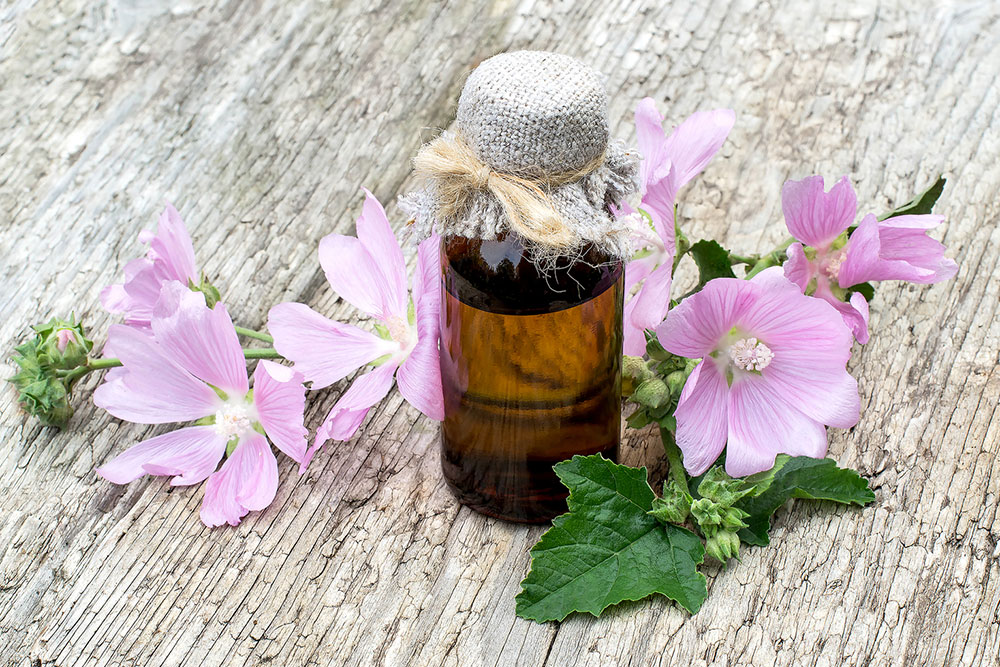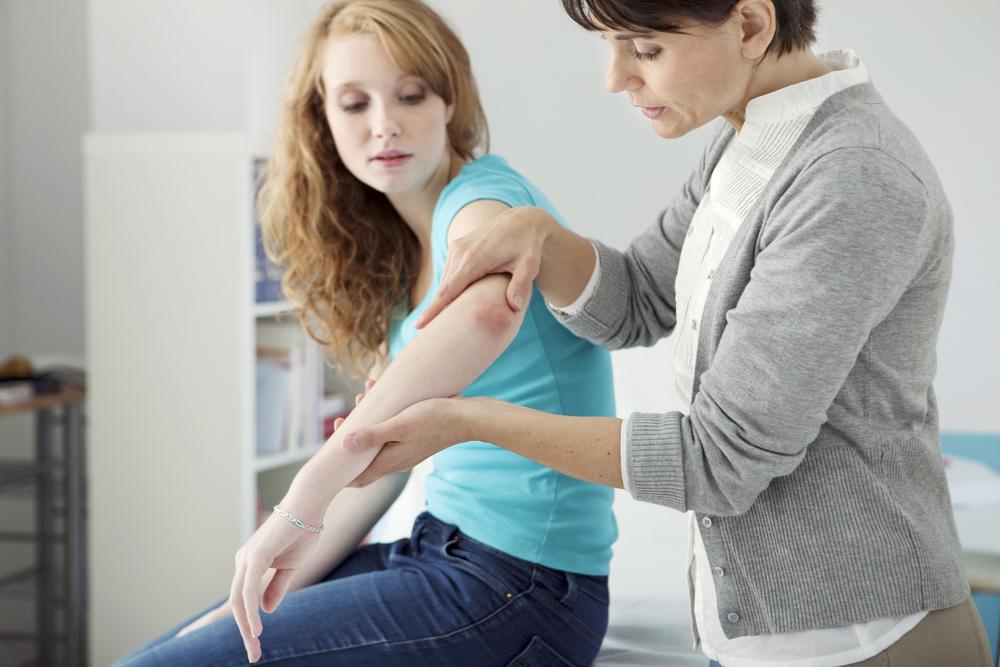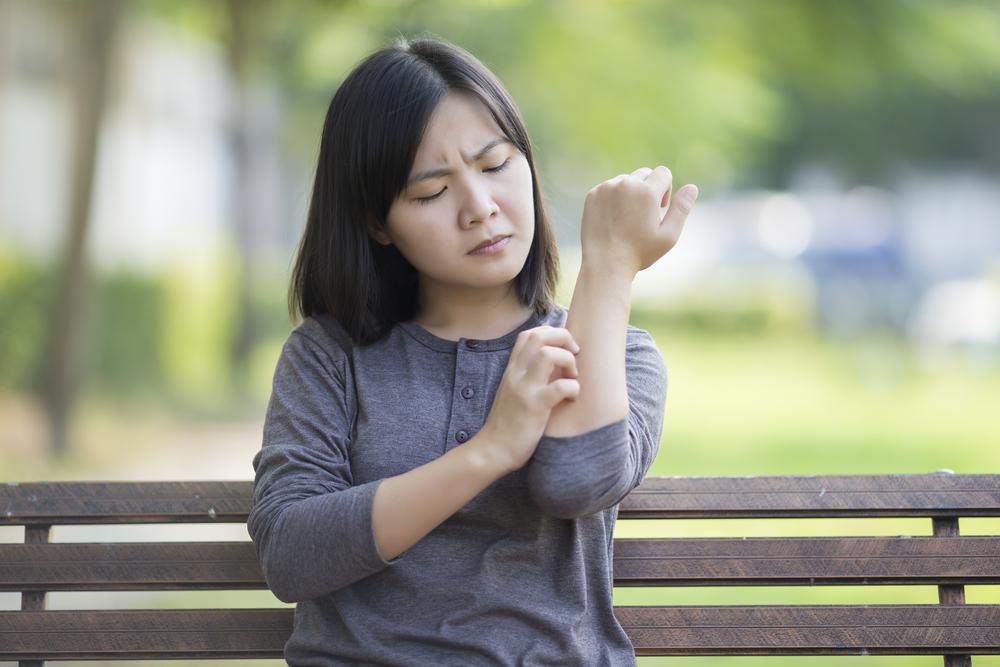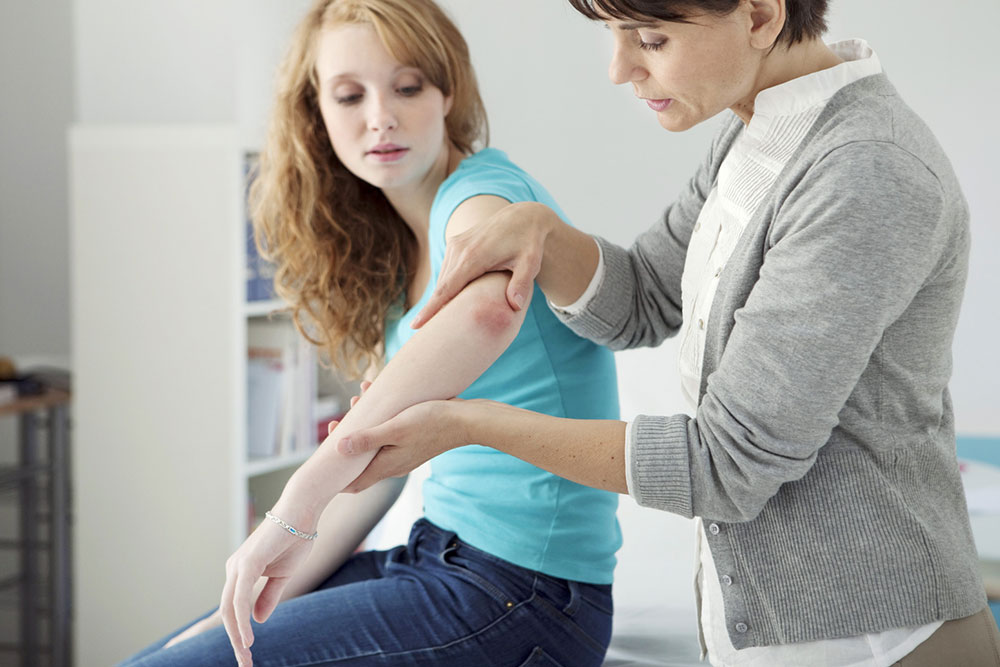Comprehensive Guide to Avoiding Triggers and Managing Psoriasis Flare-Ups
This detailed guide explores the key factors that trigger psoriasis flare-ups and provides effective strategies for prevention and management. Understanding stress, skin injuries, infections, medications, weather conditions, and lifestyle choices such as smoking and alcohol use can help patients minimize outbreaks. Practical tips, lifestyle modifications, and medical advice are emphasized to improve quality of life for those living with psoriasis. By staying vigilant and proactive, individuals can control their symptoms better and enjoy a healthier, more comfortable life.
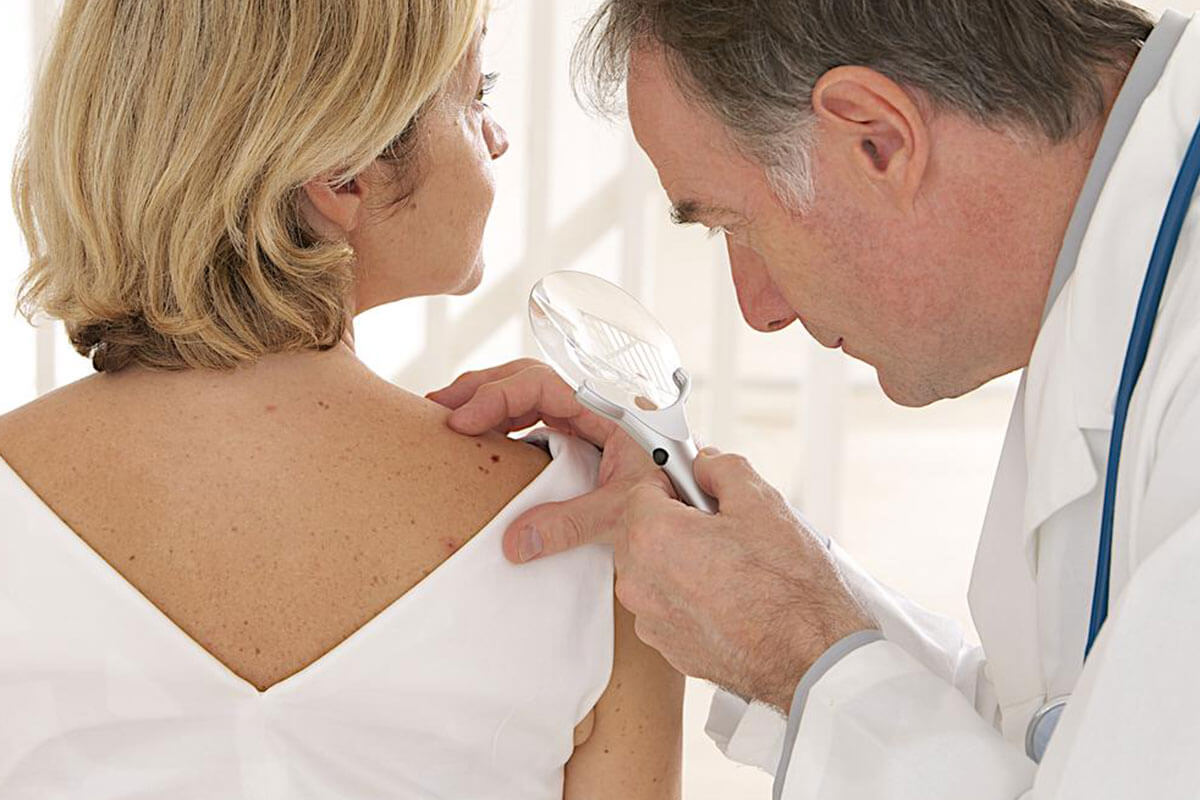
Comprehensive Guide to Avoiding Triggers and Managing Psoriasis Flare-Ups
For individuals living with psoriasis, unanticipated flare-ups can significantly impact daily life and overall well-being. By understanding the key factors that trigger these outbreaks and actively avoiding them, patients can gain better control over their condition and improve their quality of life.
Psoriasis is a long-term autoimmune disorder that primarily affects the skin but can also involve joints and other systems. It manifests through the appearance of thick, scaly patches that are often itchy and sometimes painful. These patches can vary greatly in size, from small spots to large, confluent areas covering extensive parts of the body. The hallmark of psoriasis includes inflamed, red plaques topped with silvery-white scales. Over time, affected skin may crack, bleed, or become infected, compounding discomfort and health risks.
While psoriasis remains an incurable condition, advances in treatment allow for effective symptom management. The primary goal is to reduce the frequency and severity of flare-ups, which requires an understanding of personal triggers. Identifying potential provocateurs and implementing lifestyle modifications can lead to significant improvements in symptoms and overall health.
Below are some of the most common triggers and strategies to avoid or mitigate their impact:
Stress Management
Psychological stress is a well-established trigger for psoriasis exacerbation. Elevated stress levels can induce immune system dysregulation, leading to increased skin inflammation and flare-ups. Conversely, experiencing a flare can also cause stress, creating a harmful feedback loop. Incorporating relaxation and stress reduction techniques such as yoga, meditation, deep breathing exercises, or progressive muscle relaxation can provide substantial benefits. Engaging in regular physical activity, maintaining a balanced diet, ensuring adequate sleep, and fostering social connections are crucial for mental wellness. A positive outlook and proactive stress management can help break the cycle of psoriasis flare-ups.
Skin Injury Prevention
Trauma to the skin, including cuts, bruises, burns, or insect bites, can initiate new psoriasis lesions via the Koebner phenomenon—a process where skin injury stimulates disease activity. To reduce the risk, individuals should wear protective clothing during outdoor activities, use insect repellents, and take precautions to avoid insect bites. When shaving or trimming nails, gentle techniques and proper tools should be employed to prevent cuts. Applying soothing, non-irritating moisturizers regularly can help strengthen skin barrier function, minimizing injury risk. Being cautious during sun exposure and wearing appropriate clothing to shield the skin can also prevent unnecessary trauma.
Infections and Illnesses
Infections, particularly streptococcal throat infections, yeast infections, and respiratory illnesses, are known to induce psoriasis flare-ups. Early diagnosis and prompt treatment of these infections can prevent the escalation of symptoms. Individuals with psoriasis should seek medical advice when experiencing signs of infection to minimize their impact on skin health. Maintaining good hygiene, practicing proper wound care, and staying current with vaccinations are essential preventive measures to reduce infection-related triggers.
Medication Cautions
Certain medications may worsen psoriasis symptoms by affecting immune regulation or skin integrity. Drugs like lithium, antimalarial agents such as chloroquine and hydroxychloroquine, beta-blockers including propranolol, anti-inflammatory drugs like indomethacin, and specific heart medications like quinidine can provoke psoriasis flares. It is vital for patients to inform healthcare providers about their psoriasis history before starting any new medication. Alternative therapies or dosage adjustments might be necessary to prevent adverse skin reactions. Regular monitoring and communication with medical professionals can help manage medication-related risks effectively.
Weather and Environmental Factors
Extreme weather conditions significantly influence psoriasis severity. Cold, dry weather often exacerbates dryness, cracking, and scaling of the skin. Conversely, high temperatures and humidity can cause sweating and irritation, worsening symptoms. To combat these effects, choose appropriate moisturizers tailored for sensitive skin, apply thick emollients regularly, and use humidifiers indoors to maintain optimal skin hydration. During seasonal changes, gradual adjustments in skincare routines and protective clothing can help the skin adapt more comfortably.
Impact of Lifestyle Choices: Alcohol and Smoking
Both excessive alcohol consumption and smoking have been linked to increased severity of psoriasis and more frequent flare-ups. Alcohol can impair immune function and interfere with medication efficacy, while smoking promotes systemic inflammation and skin aging. Quitting smoking and limiting alcohol intake can lead to notable improvements in skin health and reduce outbreak frequency. Support from healthcare professionals, counseling, or cessation programs can facilitate these lifestyle changes, ultimately contributing to better management of psoriasis symptoms.
Managing psoriasis is a comprehensive process that involves lifestyle adjustments, proactive healthcare, and personal vigilance. By avoiding known triggers and adopting preventive strategies, individuals can significantly reduce the impact of flare-ups and lead healthier, more comfortable lives.
